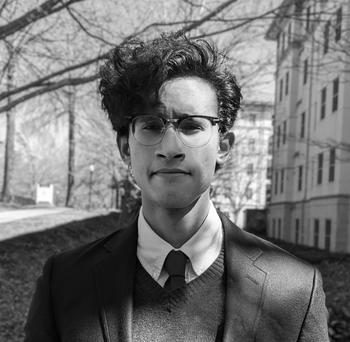Uncertainty remains over USF's lowered performance benchmarks
Prior to resigning for health reasons, President Steve Currall lowered the university’s performance targets.
The university has not released plans to adjust the lowered benchmarks as it conducts a national search for a new president.
The University of South Florida’s decision to lower its official performance benchmarks may have caused tension among the school’s top leadership.
Last month, the president of the University of South Florida, Steve Currall, abruptly resigned after just over two years of leading the university. The Tampa Bay Times reported that though the resignation was not a direct result of that decision, it did cause disagreement between the former president and Brian Lamb, vice chair of the Florida Board of Governors.
Prior to his resignation, Currall had a minor spat with Brian Lamb, the , the body responsible for overseeing the state’s public colleges and universities. Lamb took issue with Currall having lowered the performance goals of the University in the majority of areas that it measures.
[RELATED: At USF, 50+ anti-racism courses STILL may not be enough]
Performance Based Funding, or funding for public institutions of higher education in Florida, is in part tied to how well institutions measure up to evaluation metrics established by the state.
When pressed by Lamb on the issue, Currall cited the challenges posed by COVID-19 and his desire not to push students too far in light of them, per the Florida newspaper.
If USF’s loosening of goals is accompanied by a decline in performance then the school could see its future funding slashed.
When asked about this by Campus Reform, a USF spokesman cited their historically high achievement in meeting the state’s key performance metrics and that they “look forward to continuing” such success in the future.
Campus Reform found no other other public colleges or universities in Florida have reported similar reductions in their educational goals.
As the Tampa Bay Times reported, USF lowering its expectations puzzled many observers given the trajectory the university has been on in recent years. The university had been rapidly climbing in national rankings and dedicated significant funding to research. Some students and faculty, however, feel pressured by the school’s rapidly improving reputation to perform better without sufficient resources, which could partially explain Currall’s tweaking of institutional goals.
[RELATED: New bill would penalize colleges that lie about foreign funding]
After resigning for health-related reasons, Currall was cut a generous severance package by the USF foundation. Local sources familiar with the situation don’t believe the shake up in leadership will significantly alter the positive trends the university is experiencing.
USF told Campus Reform that they would “review” their performance metric goals and “consider recommendations for adjustments” for them in the future.
Rhea Law, the CEO of a local law firm, was selected to succeed Currall as interim-president. Law is a Florida native and alumna of USF. She told the Tampa Bay Times that her goal is to provide a smooth environment for the eventual transition to the University’s next president giving them a “smooth glide path” to enter on.
One of the top issues facing the forthcoming president will be the merging of USF’s three campuses, an initiative by the time of Currall’s departure.
Campus Reform reached out to every individual and organization name in this article; this article will be updated accordingly.

